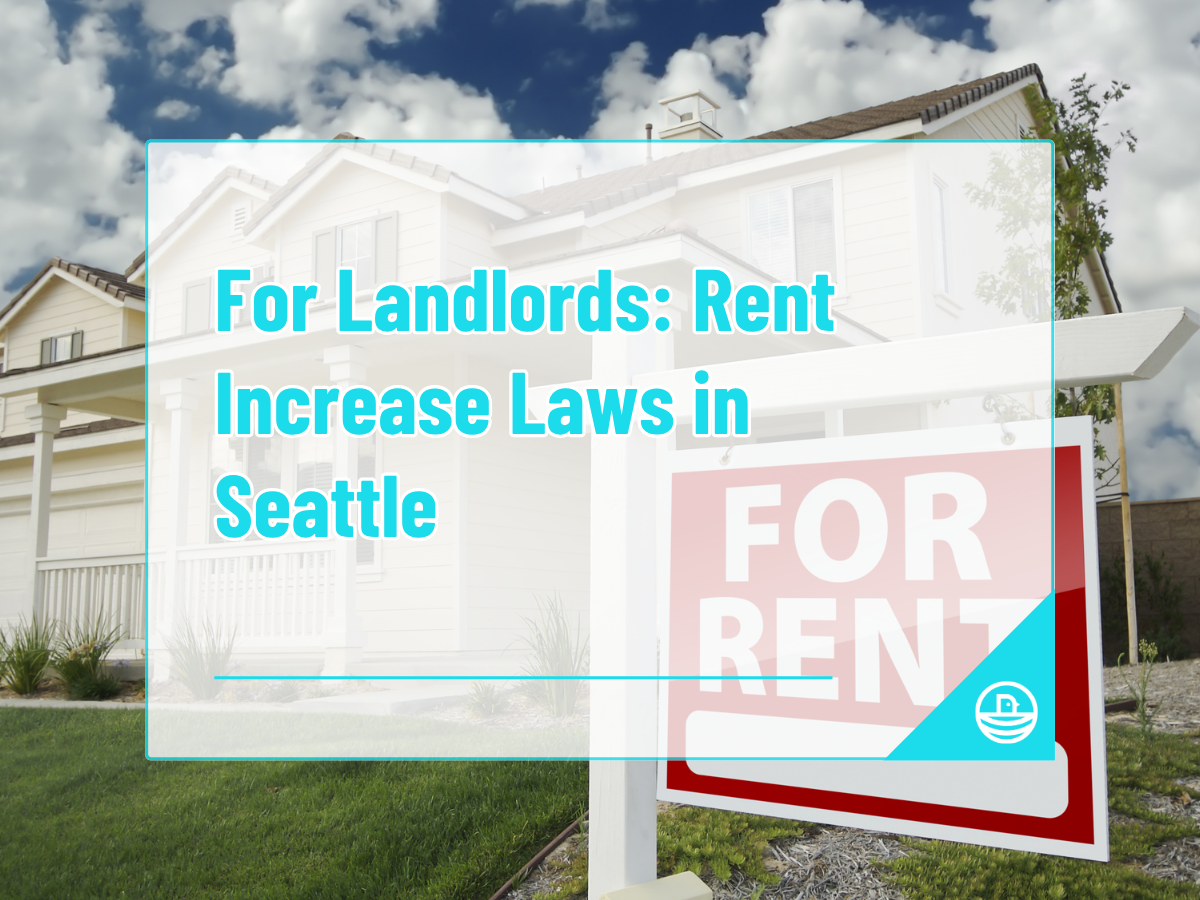Navigating Fees and Taxes When Working with a Seattle Property Management Company
The Seattle metro area hosts one of the nation’s most competitive rental markets, driven by a thriving tech sector and a steady inflow of new residents. While strong demand generally translates into attractive rents, it also creates a complex ecosystem of costs, fees, and regulations that landlords must navigate. Property owners who enlist a Seattle property management company gain time and peace of mind, yet they also inherit a new layer of financial considerations that can catch the unprepared off guard.
Those considerations extend far beyond a simple monthly management fee. From variable maintenance charges to layered local taxes, every line item can affect cash flow and end-of-year tax liability. Understanding how each expense functions—and how to document it accurately—helps owners keep returns healthy, remain compliant with Washington State law, and avoid unwelcome surprises when tax season arrives.
The Importance of Financial Preparedness
Typically, a Seattle management company charges anywhere from 8% to 12% of monthly collected rent, plus a separate leasing fee that can equal 25% to 75% of the first month’s rent. These percentages may seem modest, but on a $2,400 Capitol Hill apartment, the annual management fee alone can exceed $2,500. Owners should also budget for replenishable maintenance reserves—usually $250 to $500 per unit—that give managers latitude to handle day-to-day repairs without seeking approval for every work order.
One-time or sporadic costs add another layer to the cost of property management services in Seattle. Marketing surcharges for professional photography, tenant screening fees, and mandated city inspections are often passed directly to the owner. Eviction protection packages, while optional, can be worthwhile in a city where the average court-involved removal runs well above $3,000 in legal expenses and rent loss. A prudent landlord reviews each of these optional services against personal risk tolerance and property profile.
Cash-flow modeling is a critical step in financial preparedness. By projecting rent escalations, vacancy periods (Seattle averages roughly 5% vacancy), and compounding expenses, owners can assess whether anticipated returns meet investment goals. Setting aside 10% of gross rent for repairs and 5% for capital expenditures is a common starting point, but older homes in Ballard or Beacon Hill may demand more. Aligning expectations with realistic expense forecasts avoids short-term liquidity crunches that could force hasty, costly decisions down the road.
Property-Related Taxes
King County property taxes represent the largest predictable levy on Seattle rental homes. In 2023, the countywide average effective rate hovered around 0.92%, meaning a $750,000 duplex owed roughly $6,900. These taxes are deductible on Schedule E at the federal level, but only if owners retain accurate payment records. New investors often overlook the difference between escrowed tax payments made by their lender and direct payments; both must be captured in the books.
Beyond property tax, rental income is taxable federally, though Washington’s lack of a personal income tax spares owners an additional state layer. However, landlords operating under an LLC, S corp, or partnership structure may be subject to the state’s Business & Occupation (B&O) tax if gross receipts exceed $100,000. Seattle’s own Rental Registration & Inspection Ordinance (RRIO) imposes registration fees every two years, while capital gains realized on a future sale trigger Washington’s Real Estate Excise Tax (REET) in tiers ranging from 1.1% to 3% of the sales price. Each tax carries distinct filing deadlines, exemptions, and deduction opportunities, underscoring the need for diligent record-keeping.

Tracking and Reporting Expenses
Proper documentation transforms every eligible expense, from a $12 furnace filter to a $12,000 roof replacement, into potential tax savings. Most management companies provide monthly owner statements that itemize rent collected and charges applied. Savvy landlords download those statements as PDFs, then reconcile them in accounting software such as QuickBooks, Stessa, or Buildium. Consistency is crucial: the IRS expects to see logical categories (repairs, supplies, professional fees) aligned with Schedule E line items.
The year-end 1099-NEC issued by a management company details rents disbursed, but it does not include deductible expenses paid from the rental account. Owners must aggregate those figures separately. Retaining digital copies of vendor invoices, bank statements, and inspection reports for at least seven years not only satisfies audit requirements but also streamlines cost-basis calculations when the property is sold. Cloud storage platforms with automated backups help safeguard data against accidental loss.
Working with Tax Professionals: Hiring a Tax Professional
Even diligent bookkeepers benefit from seasoned tax guidance. A certified public accountant (CPA) who specializes in real estate can parse depreciation schedules, advise on cost-segregation studies that accelerate deductions, and ensure every local surcharge is captured correctly.
In Seattle, a rental-focused CPA typically charges $600–$1,200 for a single-property return, yet strategic advice gleaned from a one-hour consultation can easily eclipse that fee in tax savings. When interviewing professionals, owners should ask about their familiarity with RRIO rules, B&O thresholds, and the Qualified Business Income (QBI) deduction for pass-through entities.
Local Tax Regulations and Variations
Seattle’s regulatory landscape evolves quickly, often faster than state or federal codes. The JumpStart payroll tax, for example, targets large employers but influences housing demand indirectly by shaping corporate expansion plans. More directly, the city’s Mandatory Housing Affordability (MHA) program funds affordable units through up-zoning fees leveraged on new developments, altering supply dynamics and, by extension, market rents. Staying attuned to such initiatives allows landlords to anticipate how future levies might trickle down to affect operating costs.
Nearby jurisdictions can differ strikingly. Bellevue does not require RRIO registration, while Tacoma imposes its own Rental Housing Code with separate inspection fees. Owners with multi-city portfolios must therefore juggle overlapping timelines and reporting portals. A property held just outside Seattle city limits may dodge certain fees yet still incur King County assessments. Before purchasing, investors should map each address against municipal boundaries and confirm with the management company which taxes apply to the specific parcel.
Final Thoughts: Navigating Fees and Taxes When Working with a Seattle Property Management Company
Partnering with a Seattle property management company unlocks professional oversight, but success hinges on understanding the financial ecosystem that accompanies those property management services. By budgeting for standard fees, planning for irregular costs, mastering meticulous record-keeping, consulting qualified tax advisors, and staying alert to local policy changes, landlords position themselves to maximize returns while maintaining full compliance. Preparation today—long before invoices arrive or tax deadlines loom—turns the complexities of Seattle’s rental market into a manageable, and ultimately profitable, venture.
If you’d like to work with a top-tier, fairly priced property management company, look no further than Evernest. Our Seattle property management team is ready to assist you!













